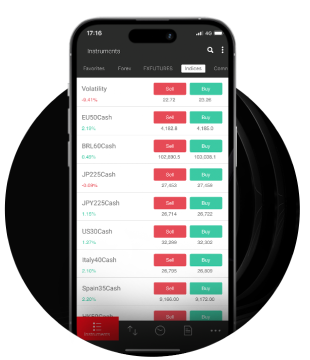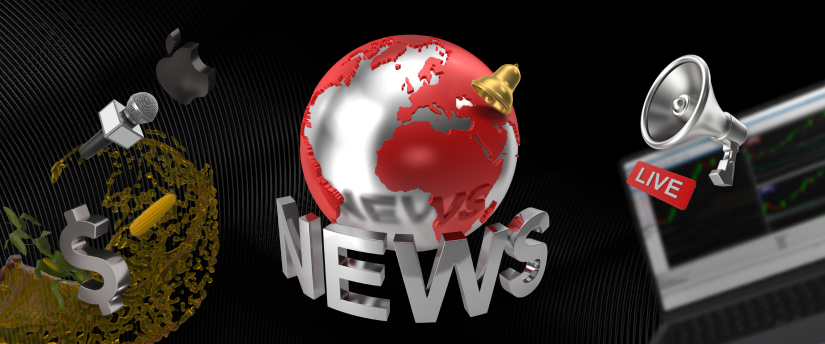Warren Buffett is famously known as the image of calm in times of chaos, but calm can seem unusual when combined with a growing pile of cash and a steady pattern of selling. The company reports show that Buffett’s team in Omaha has preferred to hold cash instead of adding to stakes or repurchasing its own shares. For now, Warren Buffett is keeping his wallet closed.
Record cash pile, no buybacks
Berkshire Hathaway didn’t buy back any of its shares in the first nine months of 2025, even though the company’s cash pile increased to a record $382 billion. This restraint shows how disciplined Buffett has always been.
The Buffett buyback philosophy
In his 2018 annual letter to shareholders, Buffett explained his buyback philosophy. He said he would buy back Berkshire shares only when they were trading below his estimate of their intrinsic value and when the company retains a comfortable cash cushion afterward.
The Oracle of Omaha once stressed that Berkshire would use extra cash to buy back stock only when the price drop is significant, and not as a way to keep the stock price up.
“Our thinking, boiled down: Berkshire will buy back its stock only if a) Charlie and I believe that it is selling for less than it is worth and b) the company, upon completing the repurchase, is left with ample cash,” he wrote, referring to his late business partner Charlie Munger.
“Over time, we want Berkshire’s share count to go down. If the price-to-value discount (as we estimate it) widens, we will likely become more aggressive in purchasing shares. We will not, however, prop the stock at any level,” he added.
Not cheap enough
According to UBS analysts, Buffett usually buys back Berkshire stock only when it sells for at least 15% below his estimate of its value.
But now, Berkshire hasn’t repurchased any shares, even though its stock fell 12% from its peak in early May, just before Buffett announced he would step down as CEO at the end of the year, after six decades in charge.
Underperformance and market sentiment
Berkshire hit consecutive record highs earlier this year as investors looked for safety during the tariff-driven market turmoil. They were drawn to the holding company’s size and stability. But as sentiment shifted back to risk-taking, Berkshire dropped sharply, and the news of Buffett’s planned retirement only made things worse.
Berkshire’s latest moves
The headline numbers are simple and striking. In the third quarter, Berkshire sold about $12.5 billion in stocks and bought around $6.4 billion, making it a net seller for the 12th consecutive quarter.
Why is Buffett selling?
Why sell when markets are rising? The answer comes down to valuation discipline. Buffett has long said he will only make big investments when the price is right. With many major stocks still trading at high valuations, Berkshire seems to have chosen patience over chasing new investments. That caution explains both the selling and the reluctance to use buybacks to return capital to shareholders.
Management can afford to wait. Berkshire’s massive cash reserve gives it the option to act decisively when a clear, attractive opportunity appears – a reason analysts say there’s no reason to panic.
Hathaway still open for business
But the company is not sitting on cash for show. Berkshire recently agreed to pay Occidental Petroleum about $9.7 billion in cash for its petrochemicals business. This shows that the company will still spend on deals it deems sensible. That transaction signals the threshold at which Buffett and his lieutenants will use capital: big, strategic, and value-adding deals instead of frequent small purchases.
What Berkshire sold and what they might buy next?
So what did Berkshire cut back on? Later in November, there will be regulatory filings that show a detailed list of buys and sells, but media and filing summaries show that some large tech and financial positions have been significantly cut over the past year. Reports have flagged reductions in Apple and several bank holdings during recent quarters, even if Apple is still among the top positions by market value.
Buffett trims Apple, holds steady on Coca-Cola
Over the last few quarters, Warren Buffett has sold a lot of his Apple stock – a notable move given that Apple is Berkshire Hathaway’s biggest investment. He’s also issued sell orders for Bank of America, which is another major holding.
Will Warren Buffett ever sell Coca-Cola stock?
In 1987, Buffett made one of the biggest investments of his early career, a $1 billion bet on Coca-Cola stock at a time when stock markets were crashing.
As of last quarter, Berkshire owned 400 million Coca-Cola shares worth nearly $29 billion. Even as the stock hit record highs this year, Buffett still refuses to sell.
First, Buffett’s favourite holding period is “forever.” “We are just the opposite of those who hurry to sell and book profits when companies perform well,” he once said.
The second reason is specific to Coca-Cola’s business model. Over the decades, Coca-Cola has earned huge returns on capital while investing minimal capital, that’s because it sells concentrate and licensing to bottlers who take on the more capital-intensive phases of distribution.
What are analysts saying about the BRK stock?
There are two main points of view. One group is worried that the sell streak and the growing cash pile are signs of pessimism about market structure and future returns. Berkshire underperforming the S&P since the succession announcement has made this argument stronger.
The other group sees a deliberate capital allocator making rational choices, keeping options open, avoiding overpaying, and waiting for a good deal. Recent insights from major analysts and long-term Berkshire watchers reflect that split.
The bottom line
In short, Berkshire’s three-year selling streak and the pause on buybacks are worth keeping an eye on but they don’t signal the market is in trouble. The message is clear for long-term investors. Valuation is important. For short-term market watchers, the most important thing is how Berkshire uses its growing cash pile. If the company starts investing more, it could be a sign that Buffett sees real value returning to the market.
免责声明: 本信息不被视为投资建议或投资推荐, 而是一种营销传播. IronFX 对本信息中引用或超链接的第三方提供的任何数据或信息概不负责.
















